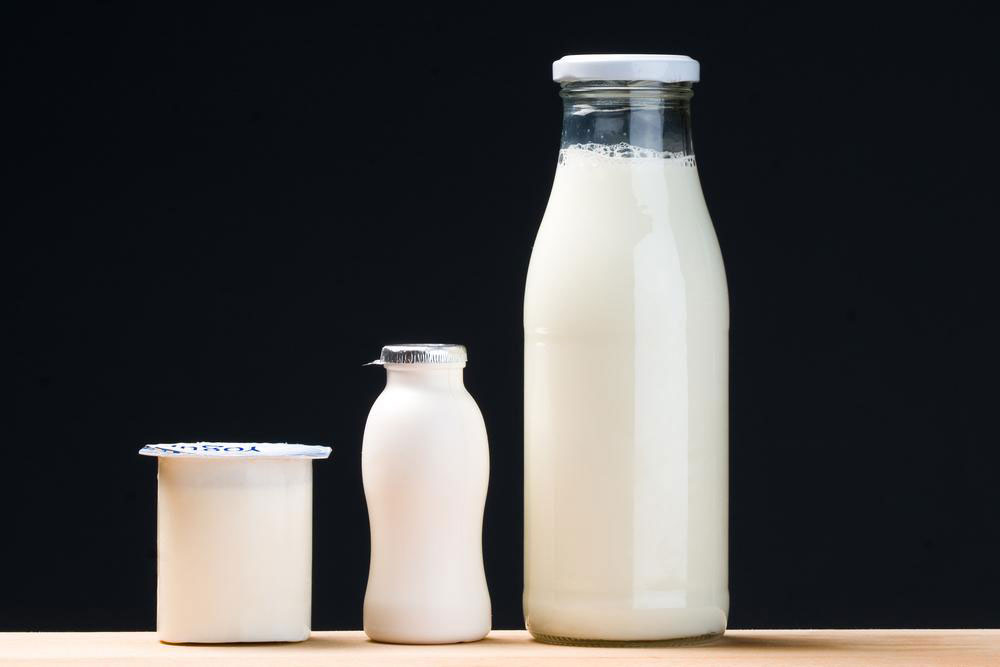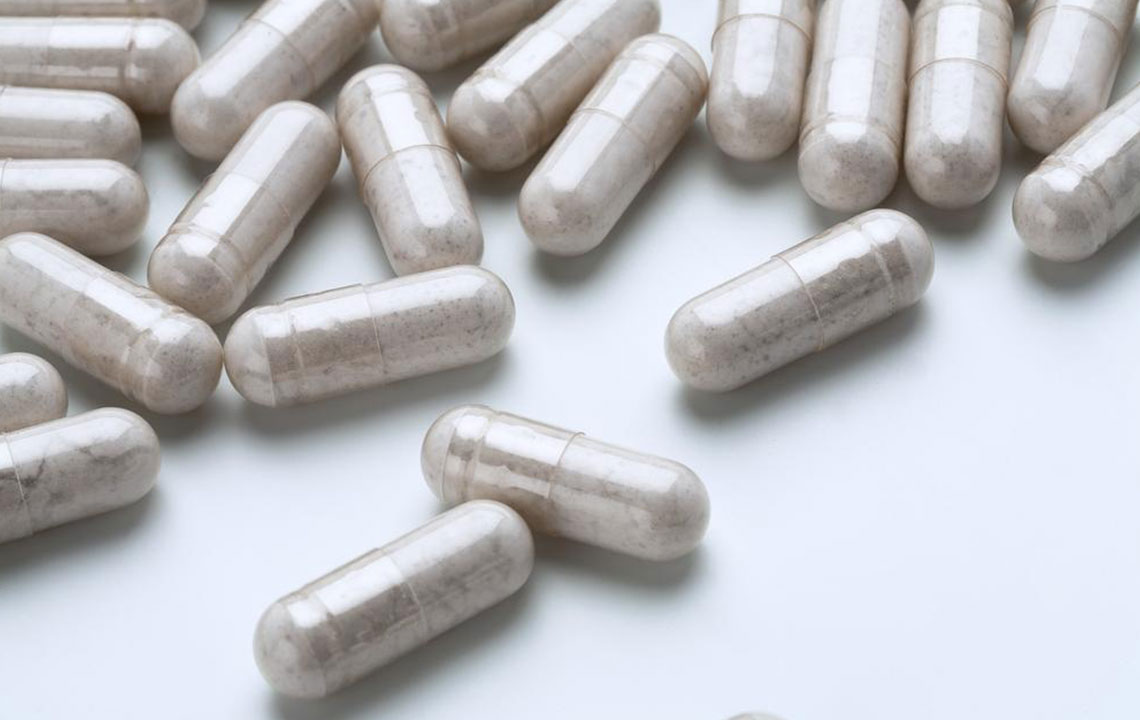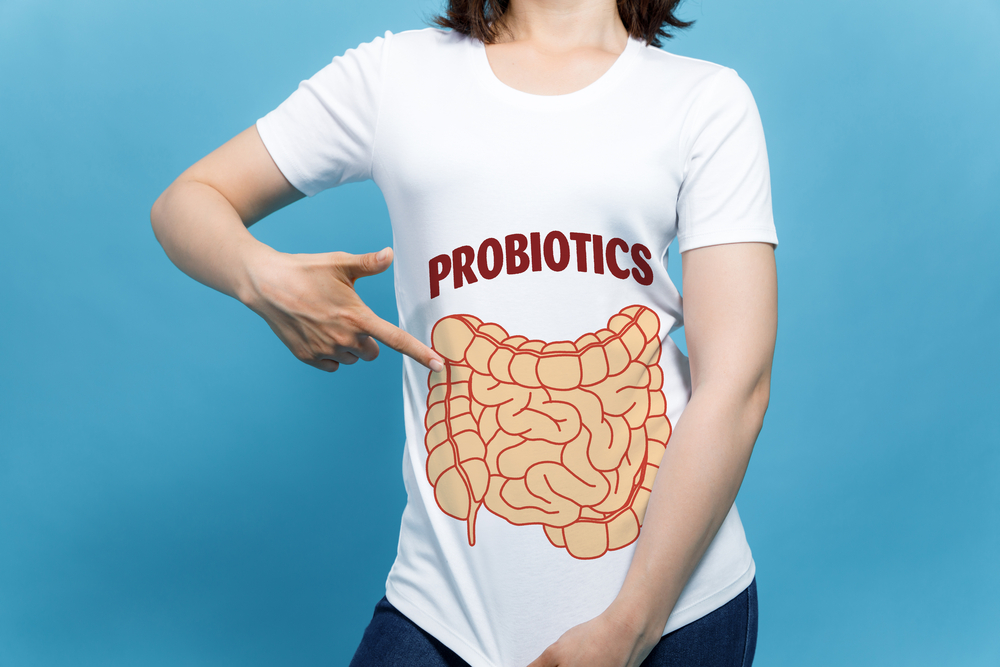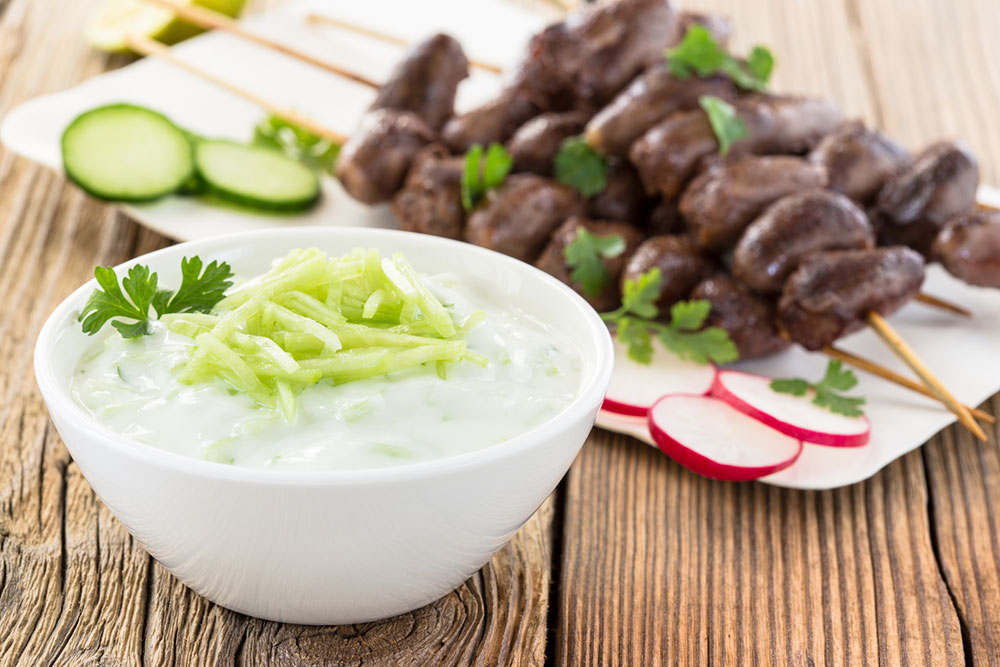Comprehensive Guide to Probiotics: Benefits, Types, and Dietary Sources
This comprehensive guide explores the vital role of probiotics in maintaining gut health and overall wellness. It covers sources like foods and supplements, details different strains, and highlights the health benefits of including probiotics in your diet. Understanding how probiotics support digestion, immunity, and mental health can help you make informed dietary choices for better health outcomes.

Comprehensive Guide to Probiotics: Benefits, Types, and Dietary Sources
Probiotics have become increasingly popular in recent years as a natural way to support overall health and wellness. These beneficial microorganisms play a crucial role in maintaining gastrointestinal balance, enhancing immune function, and possibly offering a variety of other health benefits. With the rising awareness about the importance of gut health, understanding probiotics, their sources, and how to incorporate them into your diet has never been more relevant. This comprehensive article aims to provide an in-depth exploration of probiotics, including what they are, their benefits, sources, types, and usage considerations.
Understanding Probiotics: Definition and Significance
Probiotics are live bacteria and yeasts that, when consumed in adequate amounts, can provide health benefits to the host. Unlike the common perception that microorganisms cause disease, many bacteria are essential for maintaining gut health, assisting digestion, and supporting the immune system. The human gastrointestinal tract hosts trillions of microbes, including bacteria that are considered beneficial, neutral, or potentially harmful. Among these, probiotic strains are beneficial bacteria that help sustain balance within our gut microbiome.
The gut flora, or microbiota, comprises a diverse ecosystem that influences not only digestion but also overall health, mental well-being, and disease resistance. Maintaining a balanced gut microbiome through probiotics can aid in alleviating various digestive issues such as diarrhea, constipation, bloating, and irritable bowel syndrome (IBS). Moreover, emerging scientific research indicates that a healthy gut microbiome can impact immune response, mental health, and even metabolic conditions.
Probiotics mimic the naturally occurring bacteria found in the intestines, including strains like Lactobacillus and Bifidobacterium, which are crucial for gut health. These bacteria reside in the lining of the intestinal tract, aiding in nutrient absorption, breaking down complex foods, and preventing overgrowth of harmful bacteria. Essentially, probiotics help restore and maintain the natural balance of bacteria within the gut, especially after disruptions caused by illness, antibiotics, or poor diet habits.
Food Sources Rich in Probiotics
One of the most effective ways to incorporate probiotics into your daily routine is through food sources. Fermented foods have been consumed for centuries across various cultures, naturally containing beneficial microorganisms that support digestive health. When the gut's existing bacteria are depleted or imbalanced, these probiotic-rich foods can help re-establish a healthy microbial environment. Below are some of the most common and accessible probiotic foods:
Yogurt: The most well-known probiotic food, yogurt is made through bacterial fermentation of milk, involving strains like Lactobacillus and Bifidobacterium. It is particularly beneficial for those with lactose intolerance, providing a digestible source of calcium and probiotics.
Other popular probiotic foods include:
Fermented Cheeses: Gouda, cheddar, and other aged cheeses can harbor probiotics, with Gouda being particularly effective as it retains bacteria during digestion.
Sourdough Bread: Made through fermentation of dough using wild yeasts and bacteria, sourdough aids digestion and enhances nutrient absorption.
Sauerkraut: This fermented cabbage dish is rich in probiotics when unpasteurized, offering a crunchy, tangy addition to meals.
Kefir: A fermented milk beverage loaded with a diverse range of beneficial bacteria and yeast, kefir is known for its potent probiotic properties.
Kimchi: The spicy Korean fermented vegetable dish delivers immune-boosting vitamins and probiotics.
Miso Soup: Made from fermented soybean paste, miso is a nutrient-rich soup that supports gut health and provides antioxidants and B-vitamins.
Sour Pickles: Naturally fermented cucumbers, without vinegar, contain live bacteria that support digestion.
Tempeh: This fermented soy product is not only high in protein but also supports gut health through its probiotic content.
Most probiotic-rich foods are best enjoyed in their unpasteurized form, as pasteurization kills beneficial bacteria. Incorporating a variety of these foods into your meals can promote a diverse and resilient gut microbiome.
Probiotic Supplements: An Alternative
In addition to natural food sources, probiotics are also available in supplement form. These supplements are formulated with concentrated strains of beneficial bacteria and are often used to address specific health concerns or to restore microbial balance after antibiotic treatments. When choosing probiotic supplements, look for products labeled “Live and Active Cultures,” which indicates that the product contains a significant number of viable bacteria. The number of microbes is usually measured in colony-forming units (CFUs)—a typical supplement should contain at least 10^8 to 10^10 CFUs per serving.
It's important to consult with a healthcare professional before adding probiotic supplements to your regime, especially if you have underlying health conditions or are immunocompromised. Different strains of probiotics offer specific benefits, so personalized guidance can help you select the most suitable product for your needs.
Types and Strains of Probiotics
Probiotics come in various strains, each contributing differently to health. Some of the most studied and widely used strains include:
Lactobacillus: Commonly found in yogurt and fermented foods, Lactobacillus strains are effective against lactose intolerance, diarrhea, and certain inflammatory conditions.
Bifidobacterium: Present in dairy products and supplements, Bifidobacteria support overall gut health, reduce symptoms of IBS, and enhance immune function.
Saccharomyces boulardii: A beneficial yeast that helps in recovering from gastrointestinal infections and diarrhea, especially antibiotic-associated diarrhea.
Choosing the right probiotic strain depends on your specific health needs and should ideally be guided by healthcare advice.
Health Benefits of Regular Probiotic Intake
Incorporating probiotics into your daily diet can bring numerous health benefits, some of which include:
Restoration of Gut Flora Balance: Promoting the growth of beneficial bacteria helps maintain a healthy digestive system and can prevent overgrowth of harmful microbes.
Reduction of Diarrheal Diseases: Proven to reduce infection-related diarrhea, antibiotic-associated diarrhea, and traveler's diarrhea.
Mental Well-Being: Emerging evidence suggests a connection between gut health and mental health, often referred to as the gut-brain axis. Probiotics may help alleviate anxiety, depression, and stress-related conditions.
Cardiovascular Health: Certain probiotic strains have been shown to lower LDL cholesterol and improve lipid profiles, reducing cardiovascular risk.
Lowering Allergic Responses: Probiotics may help reduce symptoms of allergies and eczema, especially in infants and children.
Immune System Enhancement: By supporting immune function, probiotics can help the body defend against persistent infections and reduce inflammation.
Overall, maintaining a healthy gut through probiotics supports holistic health, enhances immune function, and can improve quality of life. Whether through diet or supplements, integrating probiotics into your routine is a proactive way to promote longevity and vitality.





